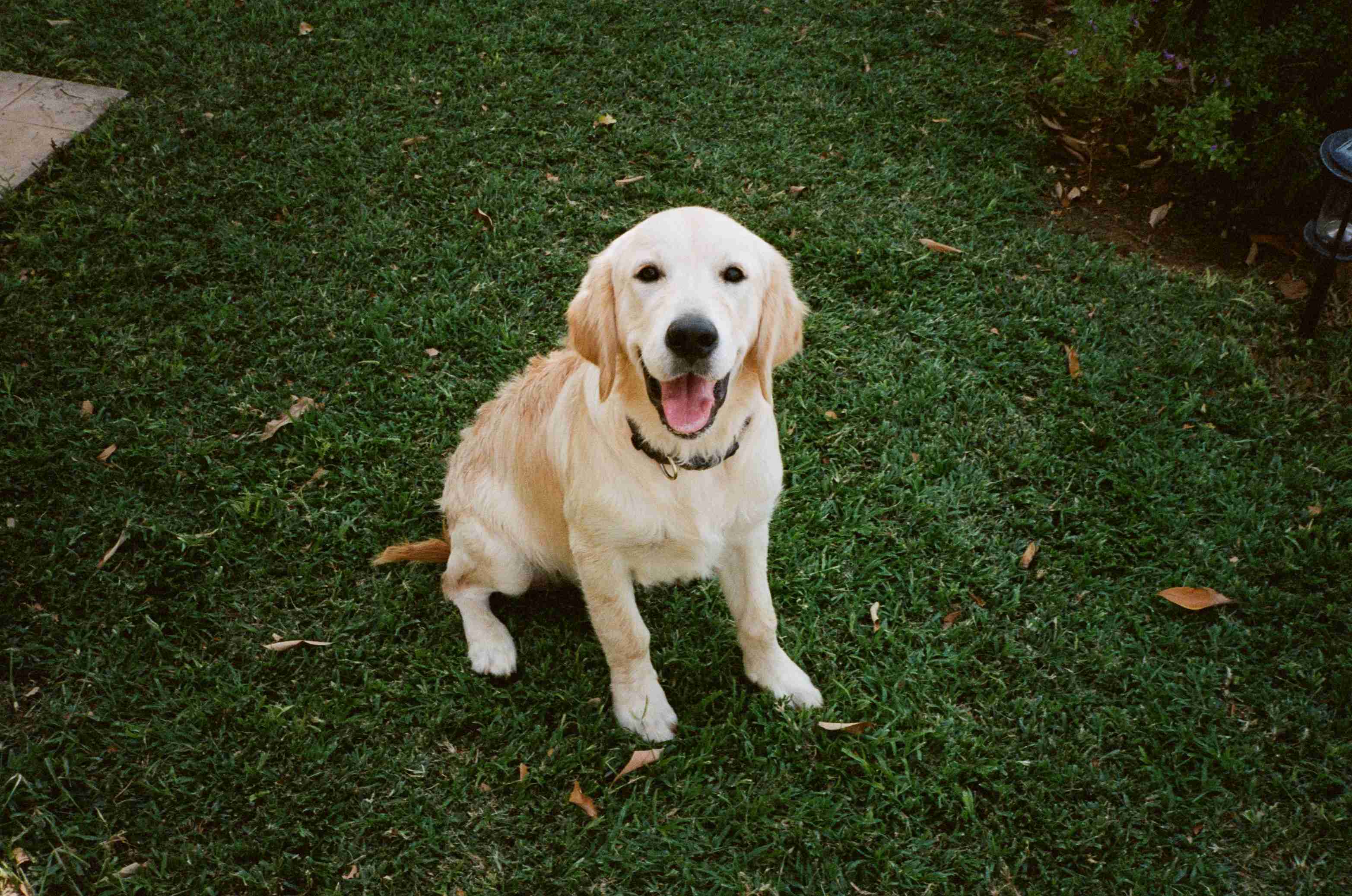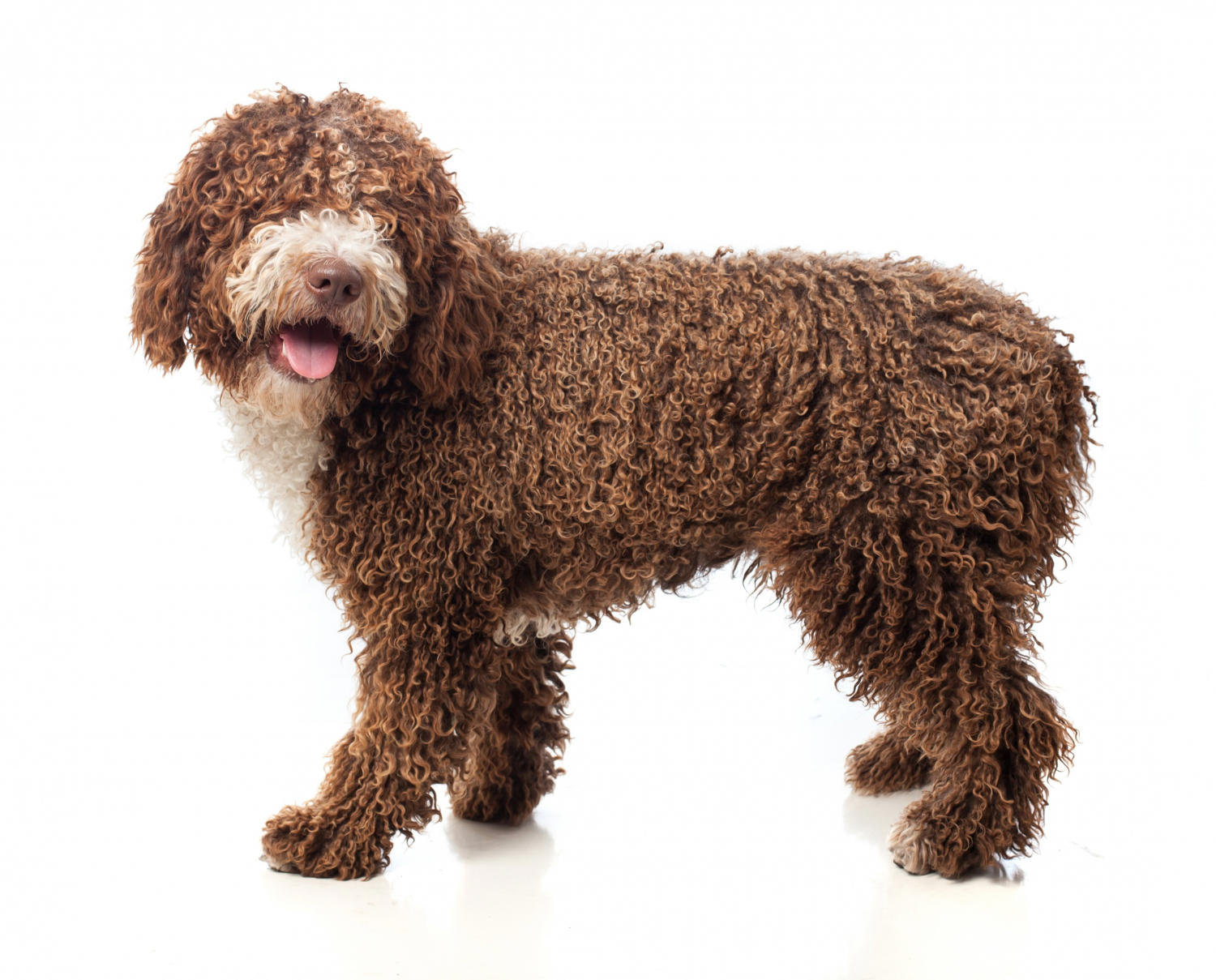Do you have a love for poodles? These elegant and intelligent dogs are a popular choice for many pet owners. However, there is one issue that poodle owners should be aware of – obesity. Yes, you heard it right. Poodles have a tendency to put on weight and become overweight or obese if not properly managed. In this blog post, we will uncover the truth behind why poodles are prone to obesity and provide you with valuable tips on how to keep your furry friend healthy and fit. So, let’s delve into the world of poodle obesity and discover the secrets to a happy and healthy pup!
Managing Poodle Obesity: Uncovering the Truth and Tips for a Healthy Pup
Poodles are beloved dogs known for their intelligence, elegance, and curly coats. While they are generally healthy, poodles, like many other dog breeds, can be prone to obesity. Obesity in dogs can lead to serious health issues and a decreased quality of life. Therefore, it is essential for poodle owners to understand the causes, risks, and management strategies to ensure their furry friends remain fit and healthy. In this blog post, we will uncover the truth about poodle obesity and share valuable tips to help you manage your poodle’s weight effectively.
Understanding Poodle Obesity:
1. Causes of Poodle Obesity:
a. Overfeeding: Many poodle owners have a tendency to overfeed their dogs, leading to excessive calorie intake.
b. Lack of Exercise: Poodles require regular exercise to maintain a healthy weight. Insufficient physical activity can contribute to weight gain.
c. Genetic Predisposition: Some poodles may have a genetic predisposition to weight gain, making it crucial to monitor their diet and exercise routines.
2. Risks and Health Implications:
Obesity in poodles can lead to a variety of health issues, including:
a. Joint Problems: Excess weight puts strain on the joints, leading to conditions like osteoarthritis.
b. Heart Disease: Obesity can increase the risk of developing heart problems, including heart disease and high blood pressure.
c. Diabetes: Just like humans, dogs can develop diabetes if they are overweight or obese.
d. Decreased Lifespan: Obesity has been linked to a shorter lifespan in dogs, so it is vital to manage your poodle’s weight to ensure a long and healthy life.
 - Copy.jpg)
Managing Poodle Obesity:
1. Balanced Diet:
a. Consult Your Veterinarian: Your vet can guide you in choosing the appropriate diet for your poodle, considering its age, activity level, and overall health.
b. Portion Control: Measure your poodle’s food to ensure they are not overeating. Avoid free-feeding, which can lead to mindless snacking.
c. High-Quality Food: Opt for high-quality, nutritionally balanced dog food that suits your poodle’s unique needs. Avoid foods with excessive fillers or artificial additives.
2. Regular Exercise:
a. Daily Walks: Take your poodle for regular walks. Aim for a minimum of 30 minutes of exercise each day to keep your dog active and burn off excess calories.
b. Playtime: Engage in interactive play sessions to keep your poodle mentally and physically stimulated.
c. Agility Training: Poodles are highly intelligent and excel in agility training. Consider enrolling them in agility classes to improve their fitness while having fun.
3. Monitor Weight and Body Condition:
a. Regular Weigh-ins: Keep track of your poodle’s weight by weighing them regularly. This helps you identify any weight changes and take appropriate action.
b. Body Condition Scoring: Learn to assess your poodle’s body condition by feeling their ribs and waistline. A healthy weight should allow you to feel their ribs with a slight covering of fat and a visible waistline.
4. Rewarding with Healthy Treats:
a. Choose Wisely: Opt for low-calorie treats or use your poodle’s regular kibble as rewards during training sessions.
b. Control Portions: Ensure treats make up only a small portion of your poodle’s daily caloric intake, accounting for it in their overall diet plan.
Managing poodle obesity is essential for maintaining their overall health and well-being. By understanding the causes, risks, and implementing effective management strategies, you can ensure your poodle leads a happy and healthy life. Remember, a balanced diet, regular exercise, and monitoring your poodle’s weight and body condition are key to preventing obesity and its associated health issues. By following these tips, you will be well on your way to helping your poodle maintain a healthy weight and enjoy a long, active, and joyful life.
In conclusion, it is important for Poodle owners to be aware of the potential for obesity in their furry companions. By understanding the factors that contribute to this issue and implementing simple yet effective strategies, such as portion control, regular exercise, and a balanced diet, we can ensure our Poodles live long, healthy, and fulfilling lives. Remember, prevention is key – take the necessary steps to manage your Poodle’s weight and watch them thrive! With proper care and attention, you can help your Poodle maintain a healthy weight and enjoy many happy years together. So, let’s prioritize their well-being and commit to keeping our Poodles fit, active, and full of life. Remember, a healthy Poodle is a happy Poodle!


%20-%20Copy.jpg)
.jpg)
%20-%20Copy.jpg)
%20-%20Copy.jpg)
%20-%20Copy.jpg)

